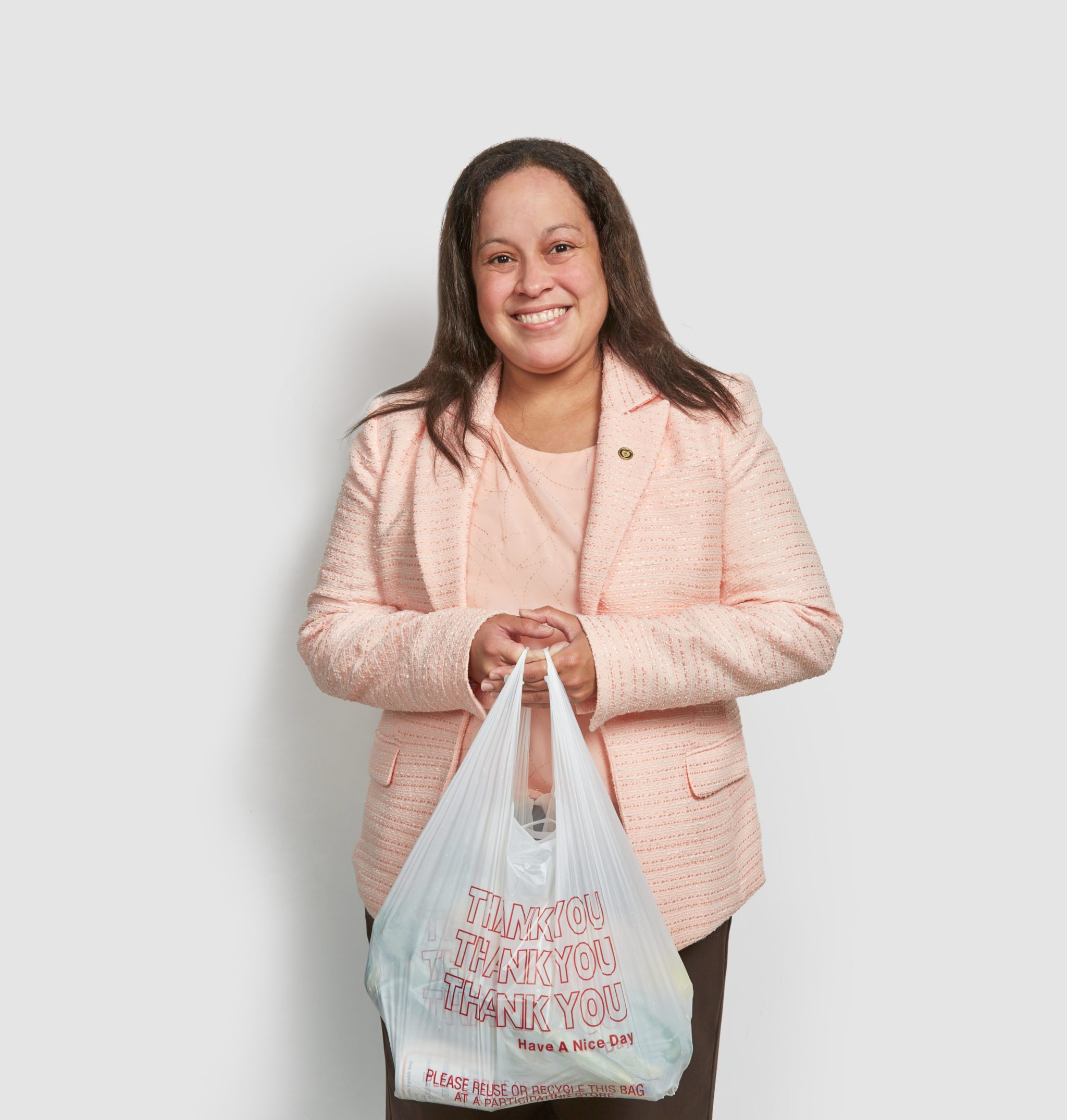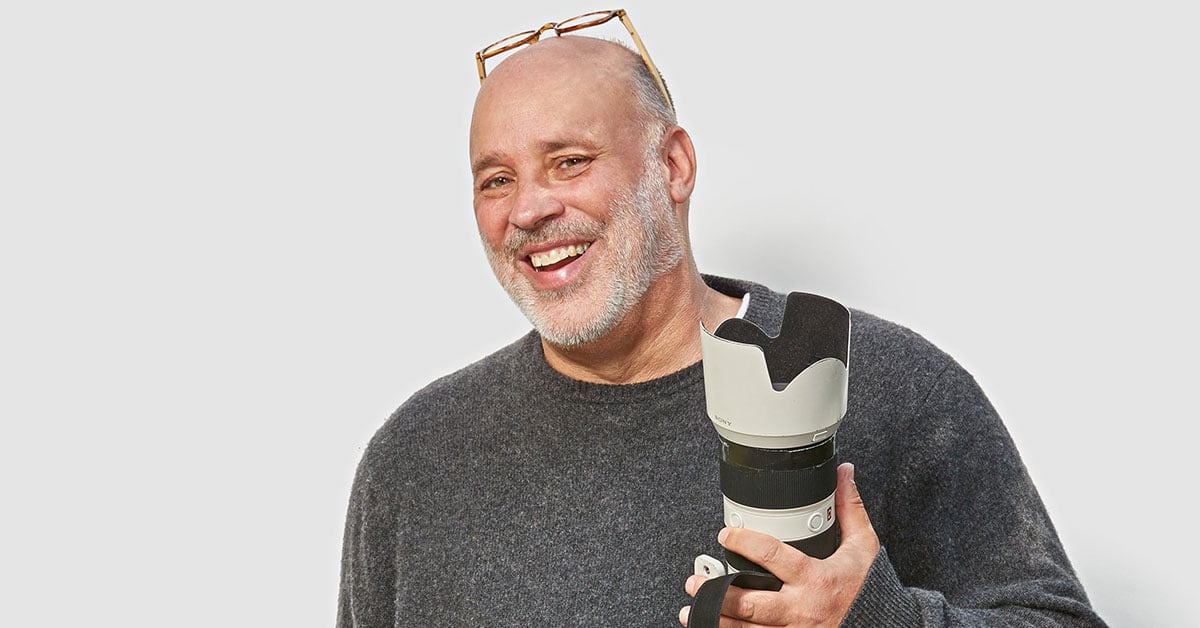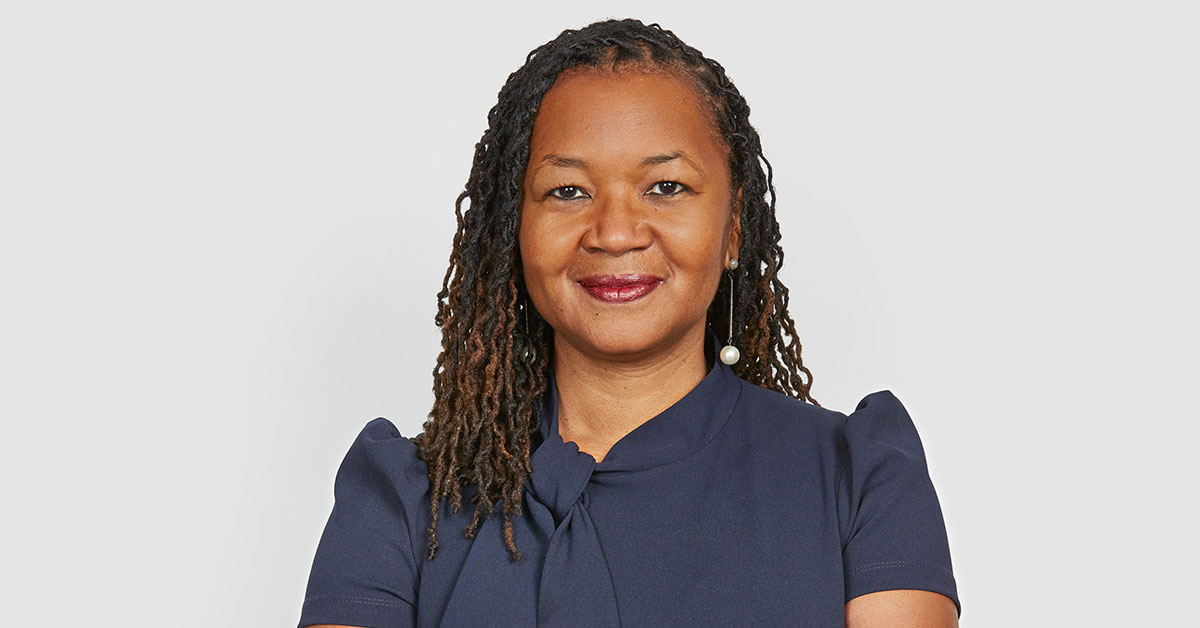This article is part of Washingtonian‘s feature “Heroes of the Crisis.” From medical professionals to social-justice activists to culinary stars, here are some of the people who have helped get us through these most challenging of times. Read about the 15 people making a difference during the pandemic here.
Kim R. Ford
President and CEO, Martha’s Table
How she’s helping:
Covid and the resulting economic crisis have been devastating for communities served by the Ward 8–based nonprofit. After Martha’s Table’s education centers moved to virtual learning, the organization helped sustain affected families with grocery gift cards; diapers and formula; and a cash assistance program. And its food-distribution efforts have ramped up significantly. “The need has just drastically jumped,” says Ford, who estimates that the nonprofit went from handing out 500 bags of groceries a day to more than 2,000.
What gives her hope:
The outpouring of support for what the nonprofit does. “Folks have been volunteering in droves. They’re like, ‘I don’t have any way to support you financially right now, but I want to give back.’ There is a lot of death, there’s a lot of despair, violence—domestic violence is jumping, physical violence is jumping. You’ve got a health pandemic that’s taking people out, you’ve got an economic pandemic and racial-injustice pandemic going on. So the resilience and the optimism in the community is so inspiring.”
Toughest challenge:
“Personally, it’s just been trying to lead in a compassionate way when people are going through so much that you don’t know about. You just have to come to everything with compassion and grace. A crisis brings out all kinds of stuff in people. You just try to be there for people.”
Biggest win:
Connecting with the community. Two years ago, Martha’s Table moved from its longtime home on 14th Street, Northwest, to Southeast DC. As a result of the crisis, “far more folks in our direct community know us now—know who we are and that we’re going to stand alongside them. We’re going to respond when things get tough.”
How she unwinds:
Playing basketball by herself early every morning. “I shoot baskets and run up and down the court, and that clears my mind for the day.”
Who’s inspiring her:
The people she interacts with daily while doing her job. “It’s very humbling. To know that they are going through everything that everyone else is, plus X plus Y plus Z, and still keep getting up and coming back—that, to me, is inspiring. I feed off their energy. It’s amazing because they’re optimistic. They just know that, one way or another, we’re going to get through this.”
This article appears in the October 2020 issue of Washingtonian.



















